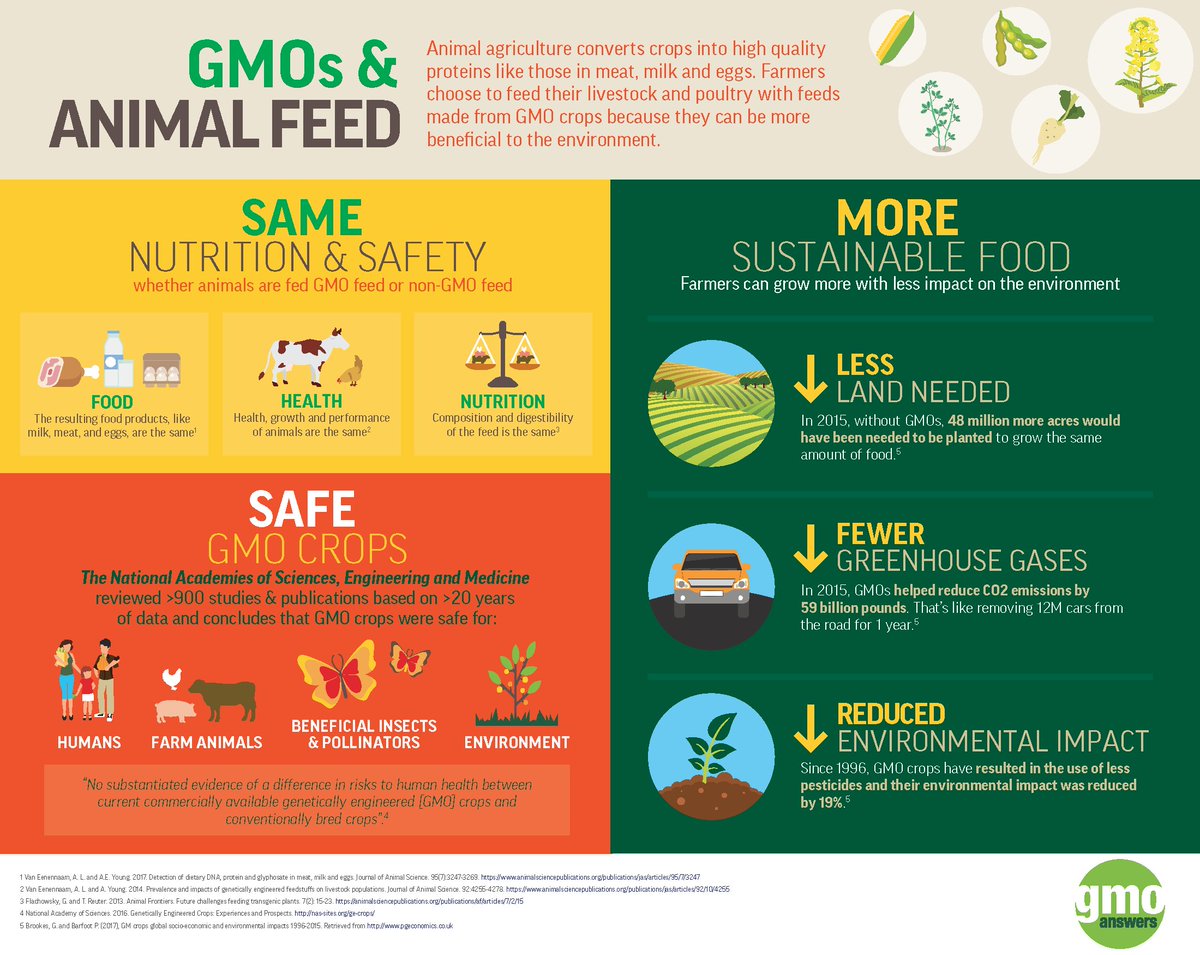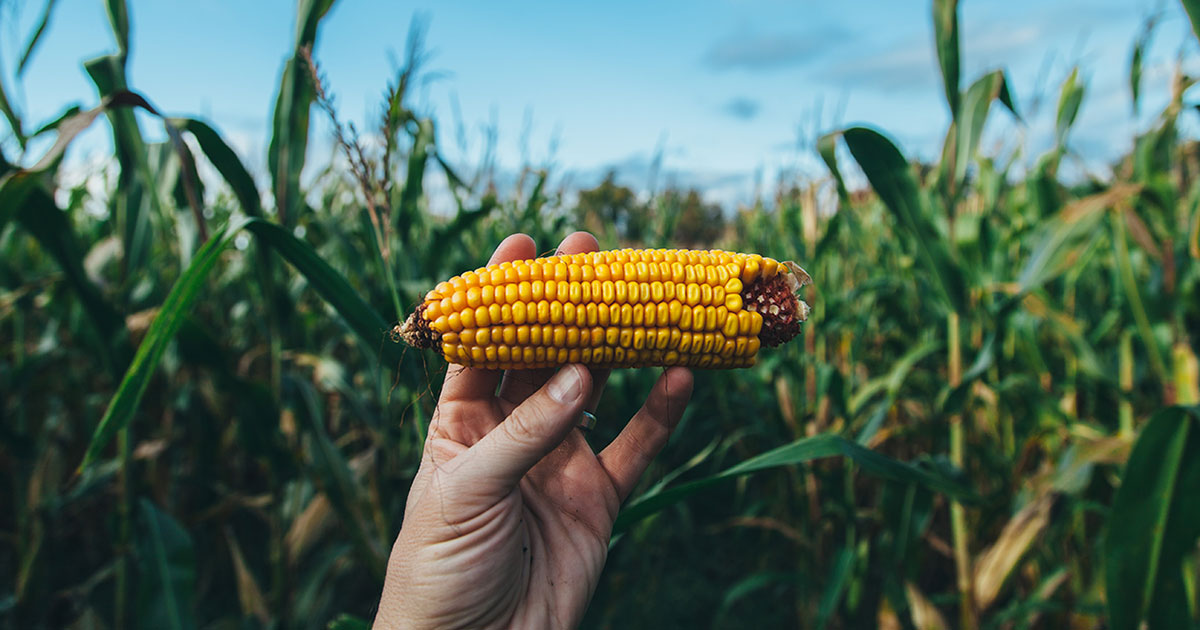GMOs have been proven safe. GE technology includes genetically modified organisms GMOs which some critics claim harm the environment.
 Gmoanswers U Tvitteri Myth Using Gmos In Animal Feed Is Bad For Animals The Environment Fact Whether Animals Are Fed Gmo Or Non Gmo Crops The Nutrition Safety Is Same Pssst
Gmoanswers U Tvitteri Myth Using Gmos In Animal Feed Is Bad For Animals The Environment Fact Whether Animals Are Fed Gmo Or Non Gmo Crops The Nutrition Safety Is Same Pssst
GMOs - environmental concerns Genetic modification is a contentious issue.

Are gmos bad for the environment. Are GM crops safe for the environment. Potential benefits of GMOs for the environment. Bees can transport pesticides herbicides and DNA through the air into the environment.
Natural and understandable as suspicions about GMOs effects on. No farmer likes to use pesticides just for the sake of it. GMOs can ultimately cause health issues in humans impact our delicate environment in poor way and can even infringe on our individual rights as citizens of our country Non-GMO Project.
Add to this that with climate change on the current trajectory. Being artificially made it is frequently questioned whether or not humans should put GMOs into their bodies. Modifying crops to be pest-resistant means that there is less need to use pesticides.
In this article we discuss the pros and cons of GMO crops taking into account their potential effects on. -Safety of Animal consumption Cite peer reviewed research findings -Environmental impacts why are GMOs bad for the environment. There is some controversy over the benefits and risks of GMO foods.
It kills all the weeds in the field but the GMO crops survive. But in reality GMO crops help farmers use pesticides responsibly conserve water and increase soil health while increasing their crop yield. GMOs have been extensively tested and have been proven safe for people to eat.
It is further complicated as new research is published. They are much more environmentally friendly so even if the amount has not changed much the environmental impact has decreased significantly. Many proponents of GMOs have positive things to say about GMOs impact on the environment.
Less crop failure means less land required. GMOs are good for the environment because they result in less pesticide land and water use. The knee-jerk reaction to say GMOs are bad is thus natural and understandable.
Assessing the environmental impact of GM crops is often difficult as many factors are considered. GMOs are also good for the public because they are good for the environment can help address world hunger and can be a solution for growing amidst climate change. GMOs also lower the price of food.
GMOs have been in use for many years. Once a plant is introduced in an agricultural environment it is reasonable to assume it. Farmers now apply 16 times more of the herbicide than they did before GMOs came on the market.
1 GMO crops have contributed to additional global production and higher yields of maize soybeans cotton and canola. Since the introduction of these crops in the mid-1990s glyphosate use has spread like a cancer across the US. How do they impact the environment.
Despite the broad scientific consensus that they are safe to eat and safe for the environment their use has generated plenty of public dialogue questions and curiosity about the technology. This article looks at how it is used in crops and the environmental risks. If a disease affects a crop or a bad drought hits then it can have a big impact on food production and with the United Nations stating that we must produce 70 more food by 2050 to feed a growing population this is an even more worrying prospect.
-Food production issues -Labeling -Governmental position-national and international views of GMOs. The debate over the environmental impact of genetically modified GM crops is growing increasingly complex intense and extremely emotional. These pesticides are harmful to the environment and to animals such as honeybees and monarch butterflies.
The explosion in glyphosate use is not only bad for farmers health its also bad for the environment especially for certain birds insects and other wildlife. GMO crops are NOT bad for the environment.








